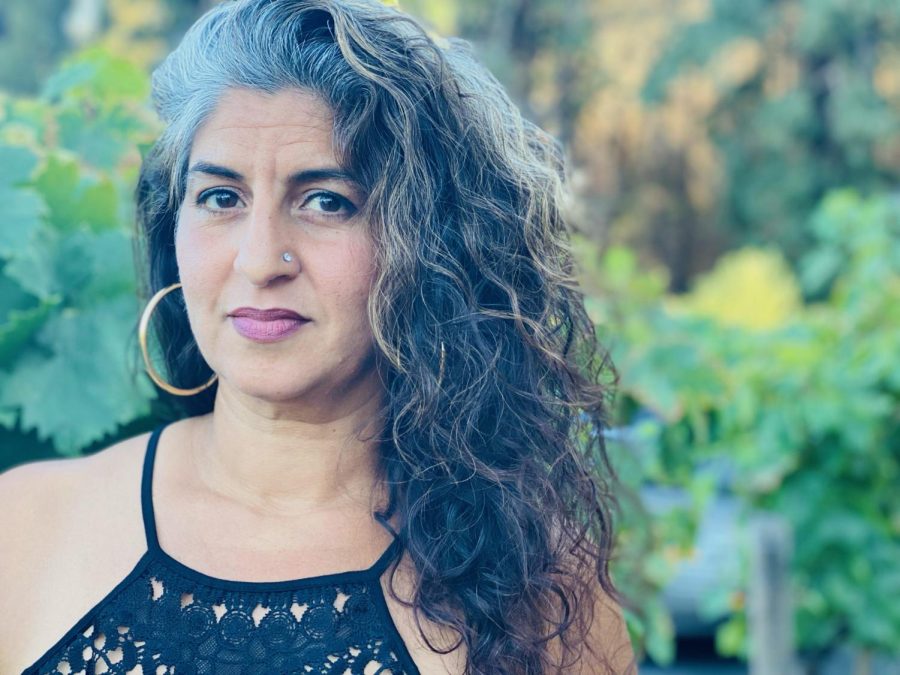Q&A: Asian American Studies Program Director Nitasha Tamar Sharma discusses importance of ethnic and racial studies
Photo courtesy of Nitasha Tamar Sharma
Weinberg Prof. Nitasha Tamar Sharma led the Asian American Studies Program from 2017-21 and started her second term this year.
November 10, 2022
Growing up with parents in academia, Asian American Studies Program Director and Weinberg Prof. Nitasha Tamar Sharma knew early on that she wanted to become a professor.
Sharma came to Northwestern in 2006 and was promoted to a full-time professor last fall. Though she led the Asian American Studies Program from 2017 to 2021, Sharma began her second term as director this year. During Sharma’s tenure, she has also taught courses in both the Asian American Studies Program and the Department of African American Studies.
As she helms the program again, The Daily spoke with Sharma about the place of racial and ethnic studies courses in a college education.
This interview has been lightly edited for clarity and brevity.
The Daily: How should college students go about conversations on race?
Sharma: When kids come to college, it’s historically been a time of (sexual, gender, racial and ethnic) identity formation and exploration. Informally, students do get together and they sit in their dorm rooms. You guys drink and you smoke and you talk about race, love and sex. I think that’s really important and if you’re going to be at a college like Northwestern, then take advantage of supplementing those opinions with actual knowledge that comes from research as well.
I would almost challenge students to take a class in an ethnic field that is not of their own background. Maybe invite a professor to do a critical fireside chat. More importantly, read a book or take our classes. They’re really phenomenal classes, and we have award-winning professors across the ethnic studies.
The Daily: Why should students pursue ethnic and racial studies as a major or take its classes?
Sharma: Ethnic studies has been devalued because it is not the normative, status quo story of the United States. It tells you the real story of why things are the way they are and how we need to change them. So that’s very threatening to people who are in power because we’re asking for the redistribution of power and wealth.
Also, we need to not graduate racists, and so it’s not irrelevant — look at major issues that have happened in the United States. When you think about Trump, you have to analyze white supremacy. Who’s going to teach you about white supremacy? How are we going to understand what motivated a mass murder of Asian women that also ties to the lynching of Asians over time in the United States? Well, Asian American studies is going to teach you how. Should we understand why police continue to murder Black people at disproportionate rates? How do we stop this s–t? You learn it in African American studies. What you learn can blow your mind because it really highlights the way systems work and how we are complicit with these systems.
The Daily: How should students approach classes, especially those who do not identify as the ethnicity or race of the class they are taking?
Sharma: The classes are not here to make you feel comfortable. Why should we come feel comfortable about learning how our communities have been harassed, exiled, faced nativism and murdered? When we learn that we also have privileges, that we have been complicit, sometimes actively advocating anti-Black racism or that we are settlers on Native land, this is nothing to be comfortable about. However, not knowing it is worse than knowing, seeing and feeling uncomfortable.
I (tell students) on the first day of class, the whole class is a trigger, and if you can’t handle it, then don’t take the class. This is about racism, sexism (and) sexual politics. It’s about murder. It’s about death. It’s about liberation.
To students who want to know what it means to be a white student in an Asian American studies class or an Asian American student in a Black studies class: do the readings and talk about the ideas. This is not about Black students only being able to talk about the Black experience or Asian Americans somehow intrinsically knowing everything in an Asian American class. That’s why we teach you things. You face it in the reading, and you should not be afraid to speak up because it really is not about limiting one expertise to one’s own experience. We’re not going to get anywhere in the liberation of all people if we are limited to our own experiences. We’re f–ked if that’s the case.
Email: [email protected]
Twitter: @ashley_yw_lee
Related Stories:
— Professor’s book links cultures using hip-hop cultures
— Asian American Studies Program senior symposium spotlights student projects
— African American Studies department commemorates 50th anniversary












